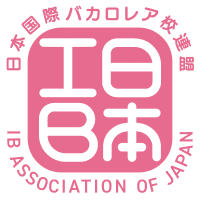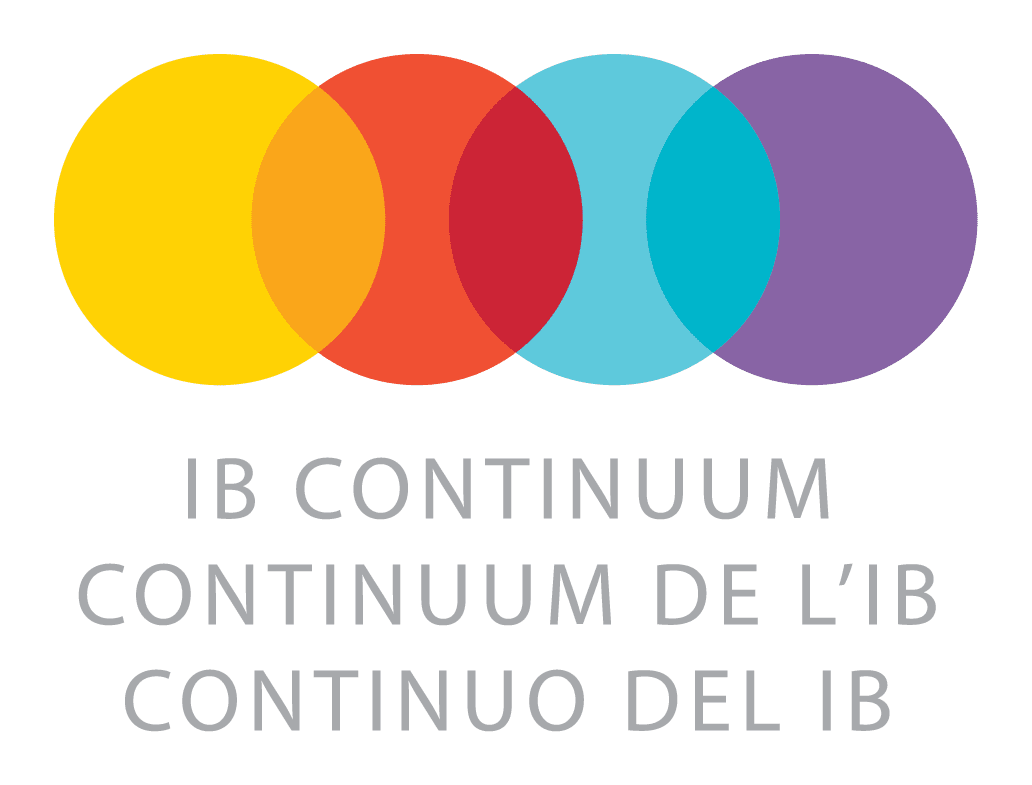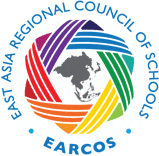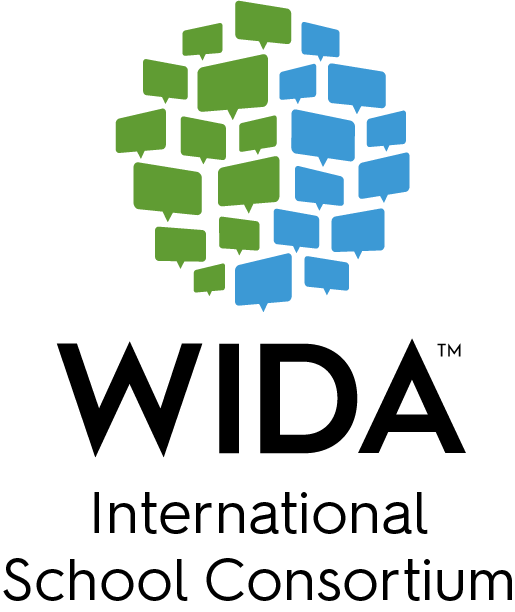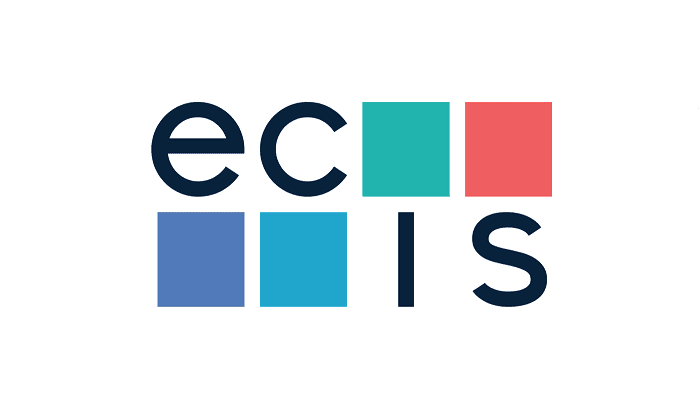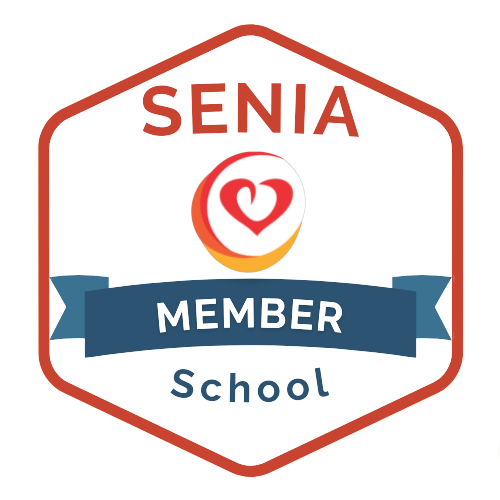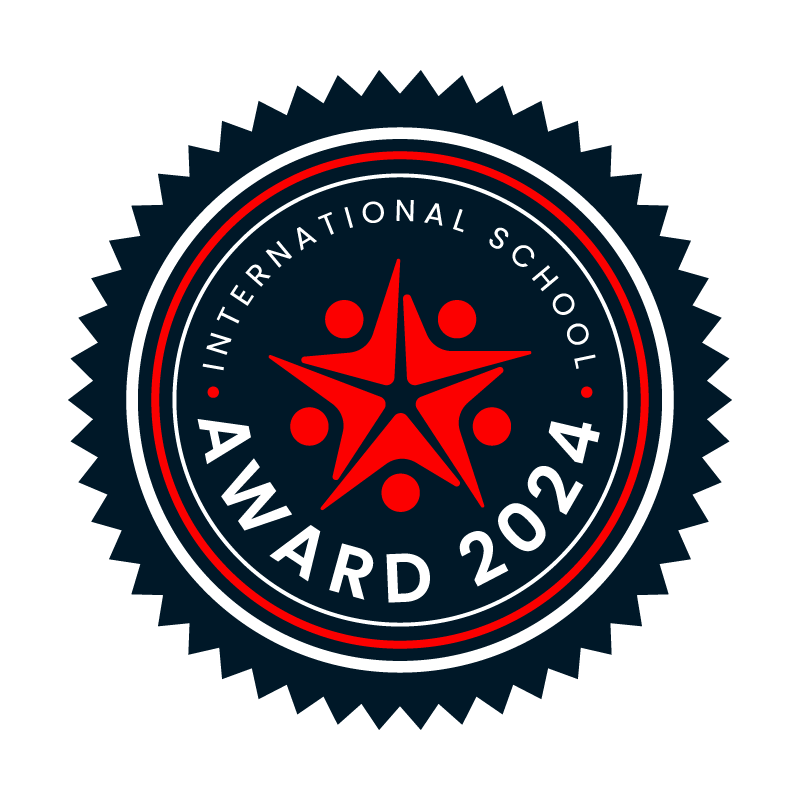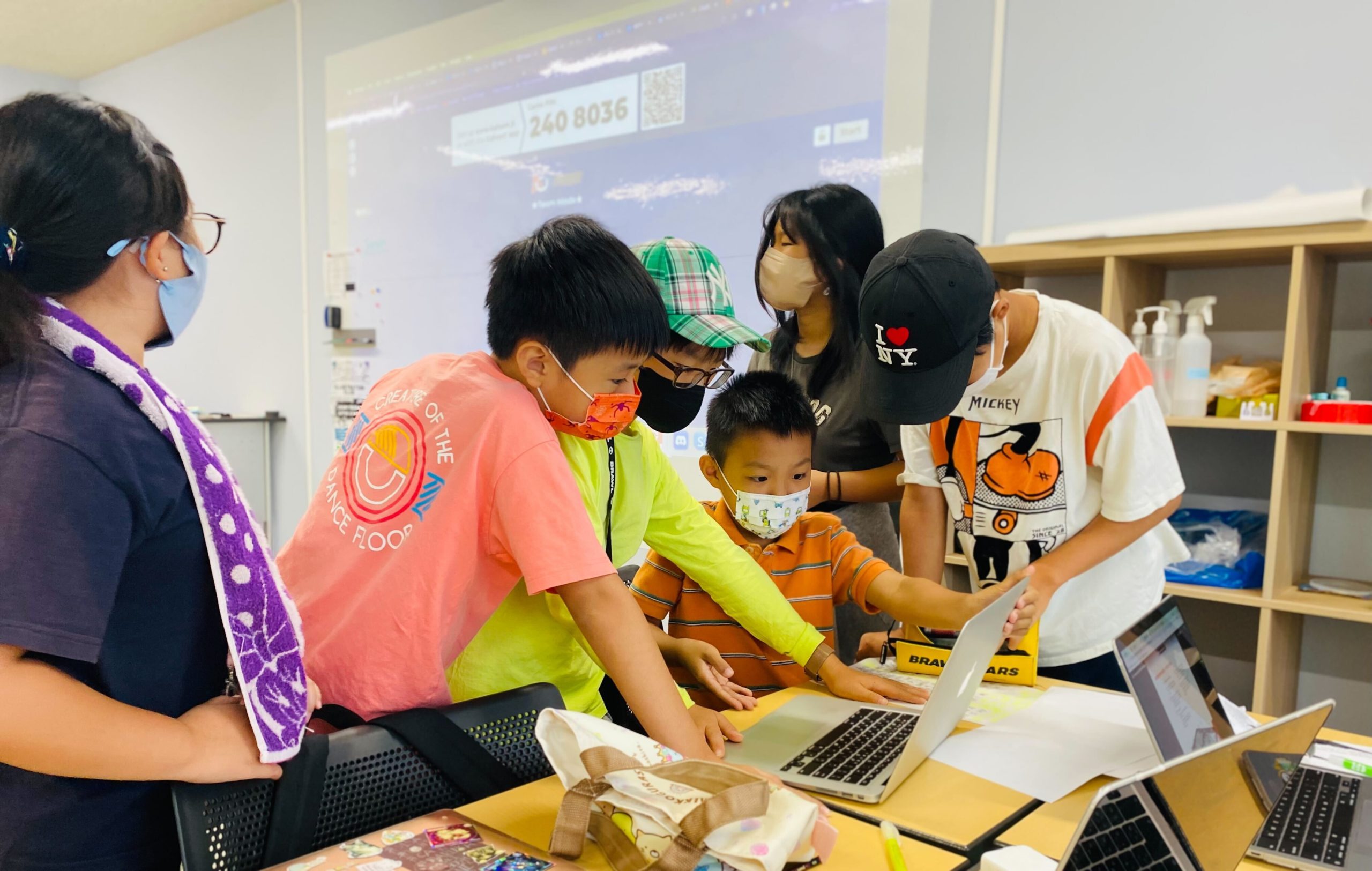
Learning Essential Skills With Robotics
In their MYP Design classes, students in Grades 7 and 8 get the opportunity to learn how to engineer a Lego mindstorm robot and understand the basics to coding with block base coding and scratch. As they advance to the Tosabori campus they have the opportunity to work with VEX V5 robots where they learn more advanced methods of engineering using their knowledge of simple machines to design and build complex robots to do tasks like control a soccer ball to assisting nurses in ICU wards. They also take the next step in their programming knowledge by advancing to Python which is a text-based coding language.
However, it is our after-school competition teams where students get to learn to put those skills to the test. Our MYP First Lego League (FLL) Challenge team last year showed how valuable being an IB learner was as the judges saw the hard work, collaboration, and uniqueness of our team that they were invited to compete at the national level for FLL in Japan. This was a huge honor, and despite COVID constraints and a couple of unexpected motor breakdowns, students were still able to get the experience of competing with some of the best teams in the world. This year we have been able to expand into the PYP grades with students in Grades 4-6 being eligible to compete. This has been a huge area of growth for the program and we hope that it will lend to expanding further down into Grade 1-3 with the FLL Explore.
FLL is quite special because each season students present a themed game board centered around a real problem that we as humans are facing. Along with designing, building, and programming a robot to complete as many tasks on the board as possible in 2.5 minutes, students have to also design an innovation project based around the theme. This year’s theme is Superpowered! This is about how we collect, store, and consume energy. Students are challenged to design something that helps their community. It also pushes them to talk to experts in the field and share their idea with those in their community and get feedback. All of this encompasses the CORE values of gracious professionalism which challenges students to be mindful of how they work with others, solve problems, and discover new knowledge.
Some of my greatest moments are watching students who are challenged in the classroom thrive, feeling more confident, becoming leaders, and gaining social skills. Students learn how to express their ideas in a variety of ways and problem solve in a more efficient way.
“It was challenging finding enough time to build and code and perfect our code. But I really liked how we celebrated going to nationals last year as a team.” said Lio, a former FLL robotics team member.
In our high school, the VEX robotics team comprises 8 students across Grades 10-12. For students who wish to pursue a career in engineering, this is a great option for them. Each season they are challenged with a new problem that they must engineer and program to solve. This year’s VEX Robotics Competition (VRC) is called Spin Up where teams are asked to collect yellow foam discs and shoot them into an ultimate frisbee-type net. Miss the goal and the points go to the other team, if the disc lands in the space below. Students can also attempt to turn rollers in 4 places on the field perimeter. The end game challenge is to have your robot expand and try to have it touching as many tiles as possible for bonus points. All of these factors push teams to think of the best strategy to gather as many points as possible in a given time. It pushes students to collaborate together and use their knowledge they gain in their math, design, and science classes to engineer a robot that completes these range of tasks.
Students in VRC do not have an innovation project like in FLL, but the level of difficulty in terms of engineering is much greater. Students work together to come up with engineering the different sectors of the robot and then have to collaborate with one another to make sure each piece works together.
“I joined robotics for my future career. I want to be a mechanical engineer and I believe building robots will be useful for my understanding of materials and knowledge of engineering,” said Akira, Grade 10 Yottabyte Lion Robotics Team Member.
This has been a huge endeavor for OYIS. But to have students who show up excited to work together, solve problems, and learn new skills in a STEM related field is an invaluable opportunity for them. Not all children are begging for more after-school and Saturday practices, but our students know that at OYIS we work hard so we can play hard. It’s been a rewarding experience for myself as I’ve had the joy of watching this program grow over the past four years, with the new addition of four coaches over the two robotics programs. I can’t wait to see where this program goes in the future.
Share this post
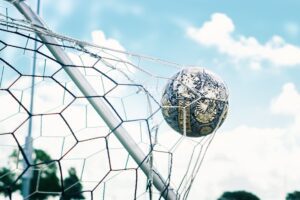
Measurements of Success in Sports & Studies
You may have seen the new Netflix documentary ‘Beckham’, about one of England’s most well-known footballers. Near the start, Beckham
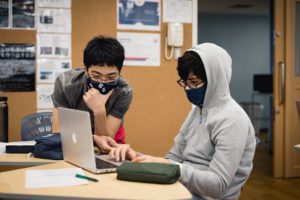
Sign up for the OYIS Scholarship Exam
Students who are eligible for Grades 10 or 11 in August 2023 are invited to take the 2022 Scholarship Exam.
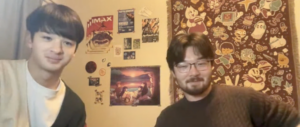
OYIS Alumni Chat Series: Sibling Stories
Home > Welcome to OYIS Alumni Chats, a new blog series where we catch up with our alumni and see

Making, Keeping, and Revitalizing Your New Year’s Resolutions
Home > With a new year comes a new burst of energy, new motivation, new changes, and New Year’s resolutions.

The Summer We Choose to Remember: Conquering Negativity Bias with Mindfulness
Home > As the summer break comes to an end, I have found myself unconsciously reflecting on how I spent
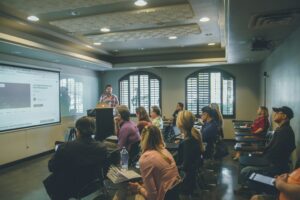
Professional Learning Event: Rethinking Assessment
Home > Osaka YMCA International School is hosting a professional learning event on Saturday, February 8, 2025. The focus of

